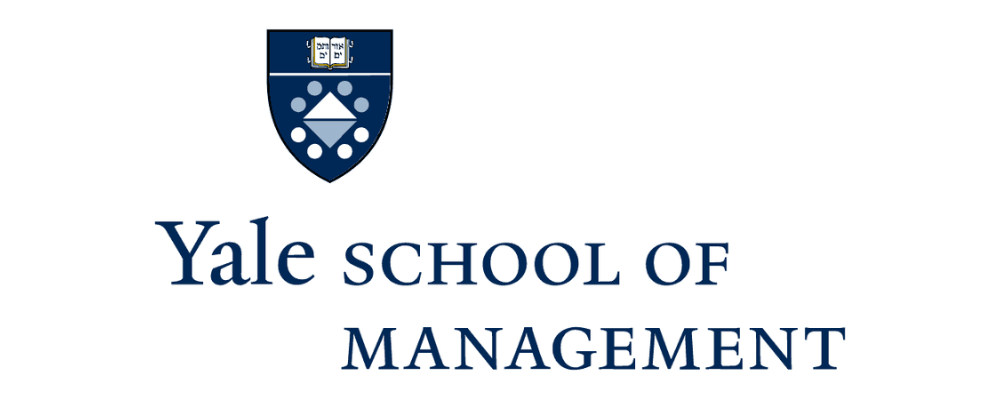
When Yale SOM’s Jason Dana asks people to think about a consumer good that has gotten more affordable over time—say, televisions—they are confident they understand why: the underlying technology has improved and production is more efficient, so the product has come down in cost.
But when he asks them whether in general real costs—defined as the amount of work required to purchase individual items—have gone up or down over time, they almost always respond incorrectly, maintaining with just as much confidence that costs are on the rise. (Nominal prices, tied to inflation, are distinct from real costs and do generally rise over time.)
In new research, Dana, his former Yale SOM colleague George E. Newman, now of the University of Toronto; and Yale SOM PhD graduate Guy Voichek, a faculty member at Imperial College London, offer a label for this kind of thinking: “efficiency neglect.” Through several experiments, they show that, when thinking about population growth, people focus on increased demand, failing to consider the increased productivity that typically comes along with it. These beliefs are relatively benign at the individual level—our personal finance decisions don’t usually affect people outside our home or family —but can have downstream effects on society at large. For instance, Dana points out, people who don’t consider the benefits of population growth may support politicians who favor protectionist trade policies or limits on immigration.
“You can live your own individual life pretty well without understanding economics,” Dana explains. “But that lack of understanding probably does lead us to favor sometimes harmful or wasteful economic policies because the stuff that’s intuitive to us is not necessarily correct.”
The paper follows a bigger-picture analysis of lay economic reasoning that Dana and another coauthor published in January. In that research, Dana argues that non-economists’ understanding of markets and economic activity is understudied to the detriment of the consumer psychology field.
“Economists don’t tend to care very much, and psychologists tend not to know a lot about economics,” he says. “My work has always been kind of at the nexus of those two things.”
The belief that resources cannot keep up with demand—called depletionism—is not new. The authors point out that Plato predicted that a city-state might need to kick people out if its population grew past 5,040 households; in 1980, the biologist Paul Ehrlich famously lost a bet with the economist Julian Simon that the cost of several natural resources—including copper—would increase over the next decade.
“Because copper was used in plumbing, and all these people from developing countries were building houses, he thought, ‘Where is all this copper going to come from?’” Dana says. “But we can laugh at that now. We simply came up with a substitute.”
For the new paper, the researchers examined Americans’ views on costs over time and on how population growth would affect goods in a hypothetical thriving nation, and whether prompting people to think about production efficiencies mitigated their depletionist views, among other questions.
They found that prompting people to think about efficiency gains did counter depletionist thinking but not for everyone. When told to consider that more people can lead to more workers, more innovative ideas, and more incentives to improve technology, 27% of respondents thought goods in the hypothetical nation would be more abundant in the future, up from 6% without the prompt. The jump is significant, but future abundance is still a minority belief.
“If it were easy to shed these ideas, they would have been shed already,” Dana says.
Dana, who is currently studying people’s understanding of inflation, says he hopes the research will prompt further inquiries into lay economic beliefs, especially among marketing and consumer research scholars. As a Yale Center for Customer Insights blog post about his January paper points out, such research is “essential to understanding consumer psychology—why people act the way they do in market exchanges.” But it also may be essential to a more productive world, helping policymakers understand how to influence people’s understanding of bigger economic questions involving trade and immigration.
Dana finds the work fascinating.
“I really like talking about lay economics,” he says. “I know how economists think, and I am also acutely aware that people don’t think like economists.”
“The Yale School of Management is the graduate business school of Yale University, a private research university in New Haven, Connecticut.”
Please visit the firm link to site



